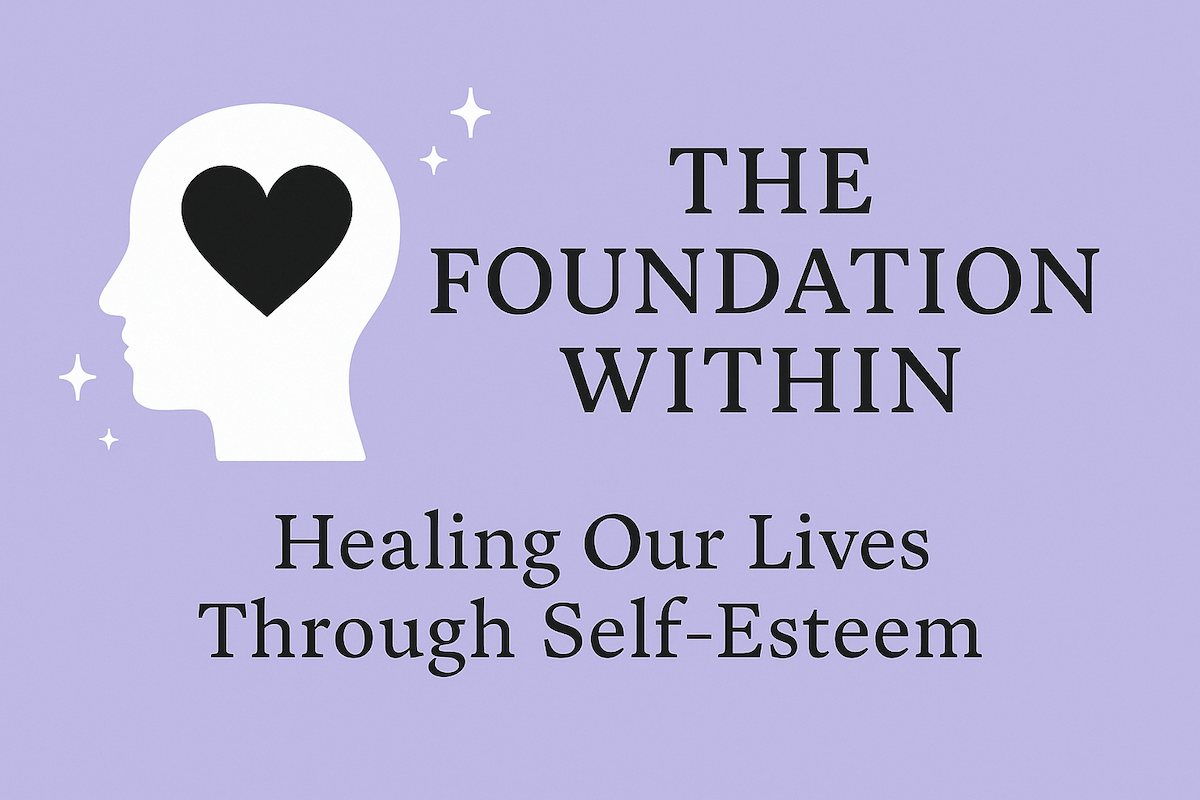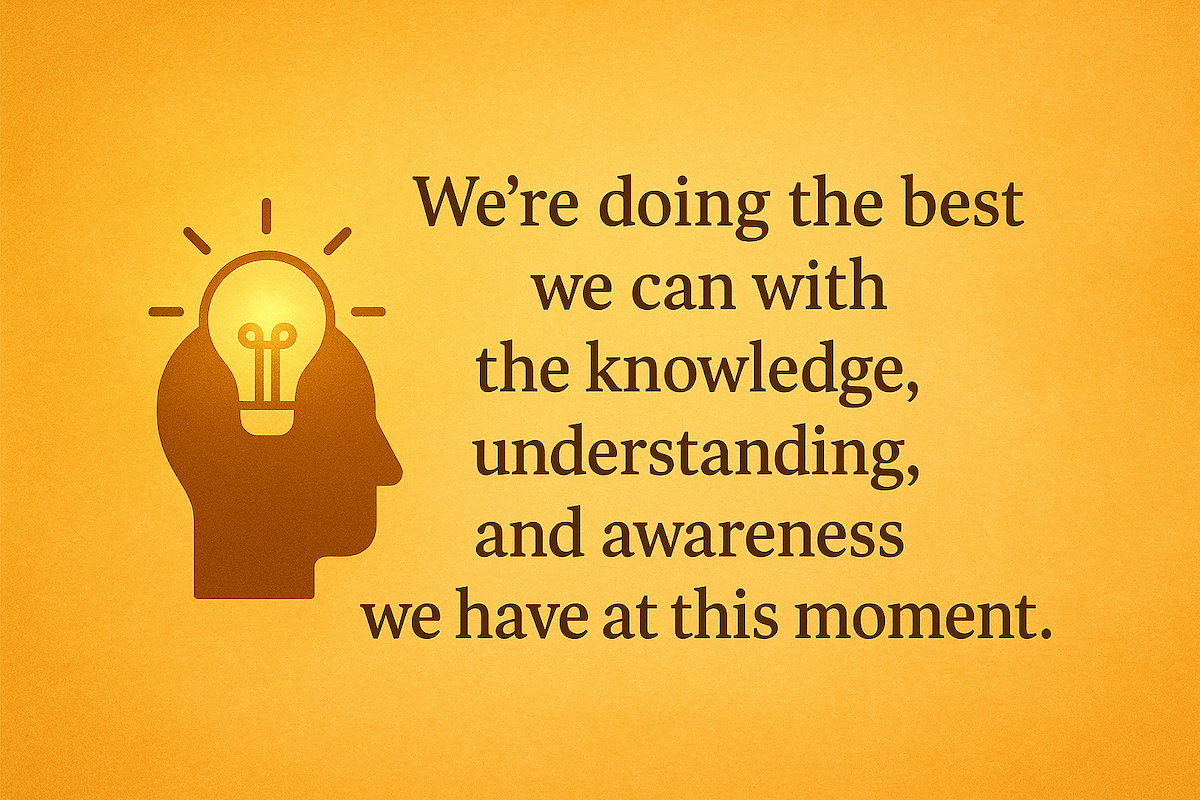Table of Contents
The global crisis of addiction is often misunderstood. The prevailing belief is that drug and alcohol addiction stems from the nature of substances themselves, irresponsible prescribing practices, or the influence of external forces such as drug dealers and pharmaceutical companies. However, a deeper analysis reveals that addiction is not fundamentally about substances, external pressures, or even physiological disease. Instead, addiction is rooted in the individual’s state of mind, particularly in their self-image and self-worth.
Addiction Is Not About Substances
There is a common misconception that drugs and alcohol inherently cause addiction. While repeated use of substances can alter brain chemistry and create physical dependency, the real cause of addiction goes beyond biology. Many people can consume alcohol or even use certain drugs without becoming addicted. If addiction were purely a matter of substance exposure, then everyone who drinks or takes prescription medication would become dependent, which is clearly not the case.
Similarly, the disease model of addiction, which argues that addiction is a brain disorder, fails to fully explain the issue. While the brain can certainly be affected by substance use, addiction is not merely a physiological malfunction. Instead, it is a psychological struggle rooted in the way individuals perceive themselves.
The Role of Self-Image in Addiction
At the core of addiction is the addict’s perception of their value and worth as a human being. This concept aligns with the work of Dr. Maxwell Maltz, author of Psycho-Cybernetics, who emphasized the crucial role of self-image in shaping behavior. According to Maltz, an individual’s self-image sets the boundaries for their potential and influences all aspects of their life. If a person believes they are inadequate, unworthy, or fundamentally flawed, they will act in ways that reinforce these negative beliefs.
Addiction, therefore, is not a problem of external circumstances or even brain chemistry; it is an internal crisis of self-perception. Those who struggle with addiction often hold deeply ingrained negative beliefs about themselves. They feel unworthy of happiness, incapable of success, or undeserving of love and respect. This negative self-perception leads them to engage in self-destructive behaviors, including substance abuse, as a way to escape their internal pain.
Negative Self-Image and Low Self-Esteem as Catalysts for Addiction
A negative self-image generates low self-esteem, which in turn fuels addiction. Individuals with low self-esteem tend to believe that they do not matter, that they are inherently flawed, and that they are not worthy of good things in life. These beliefs create a self-fulfilling prophecy, where the individual engages in behaviors that reinforce their negative self-perception.
For example, someone who believes they are a failure may consistently sabotage their own success, reinforcing their initial belief. They may also turn to substances to numb the emotional pain associated with these beliefs. This creates a cycle of addiction in which the person uses substances to escape their negative self-perception, only to feel even worse as a result of their actions, thereby deepening their dependency.
The Psychological Nature of Dependency
Addiction is not just about substances—it is about thought patterns. An addict is not merely dependent on drugs or alcohol; they are dependent on a particular way of thinking about themselves. The real addiction is to the negative thoughts and judgments they have about their value and worth as a person.
This aligns with the concept of the Shadow Belief introduced by Dr. Carl Jung. According to Jung, individuals develop deep-seated negative beliefs about themselves, which shape their identity and influence their behavior. In the case of addiction, the core belief is often: I am not good enough. This belief becomes the foundation of the addict’s self-image and dictates their life choices.
The Destructive Cycle of a Negative Self-Image
When a person’s self-image is negative, their self-esteem suffers. This leads to destructive behaviors that further reinforce their poor self-perception. Individuals with low self-esteem often neglect their well-being, engage in risky behaviors, and even act in ways that jeopardize their own lives. In extreme cases, their addiction-driven behaviors can lead to fatal consequences, as noted by psychologist Nathaniel Branden: Sometimes lack of self-esteem does eventuate in death in fairly direct ways—for example, by a drug overdose.
Emotional Pain and Addiction
At its core, addiction is an avoidant behavior. The addict is not simply seeking a high; they are trying to escape the emotional pain associated with their negative self-image. Feelings of despair, worthlessness, anxiety, and fear become overwhelming, and substance use provides temporary relief from these emotions.
Unfortunately, this relief is short-lived. As addiction progresses, substances lose their effectiveness in numbing pain, and the negative consequences of addiction further erode self-esteem. This leads to an increased need for substances, creating a vicious cycle that is difficult to break.
The Path to Recovery: Addressing Self-Image
If addiction is rooted in negative self-image and low self-esteem, then the key to recovery lies in addressing these psychological issues. Effective addiction treatment should focus on reshaping an individual’s self-perception and fostering a healthier, more positive self-image.
- Building Self-Awareness – The first step in recovery is helping individuals recognize their negative thought patterns and beliefs about themselves. By identifying the core self-limiting belief that fuels their addiction, they can begin the process of change.
- Cognitive Restructuring – Therapy techniques such as Cognitive Behavioral Therapy (CBT) can help individuals challenge and replace negative thoughts with healthier, more constructive beliefs.
- Self-Compassion and Acceptance – Encouraging self-acceptance and self-love is crucial. Individuals must learn that their worth is not defined by their past mistakes or their addiction.
- Developing Healthy Coping Mechanisms – Since addiction is often an escape from emotional pain, individuals need alternative ways to cope with stress, sadness, and anxiety. Meditation, exercise, creative pursuits, and meaningful social connections can provide healthier outlets.
- Redefining Identity – A crucial aspect of recovery is helping individuals see themselves beyond their addiction. They must cultivate a new, positive self-image based on their inherent value as human beings.
Conclusion
Addiction is not about substances—it is about self-perception. The real cause of addictive behavior is a negative self-image and the low self-esteem that accompanies it. Until we address these psychological factors, our approach to addiction treatment will remain incomplete.
By shifting our focus from external causes to internal struggles, we can develop more effective interventions and help individuals break free from the cycle of addiction. True recovery begins when individuals recognize their inherent worth and rebuild their self-image in a way that fosters self-respect, self-love, and personal growth.

Get Free from Addiction!
Discover a groundbreaking perspective on addiction recovery. Click below to buy Prelude to a Paradigm Shift for Addiction and explore innovative solutions to transform the way we understand and treat substance use disorders.
About Enhanced Healing
Enhanced Healing Counseling specializes in addiction recovery, mental health, and self-esteem support. Offering online and in-person services, we empower individuals to transform their lives with personalized care and proven therapeutic methods.




